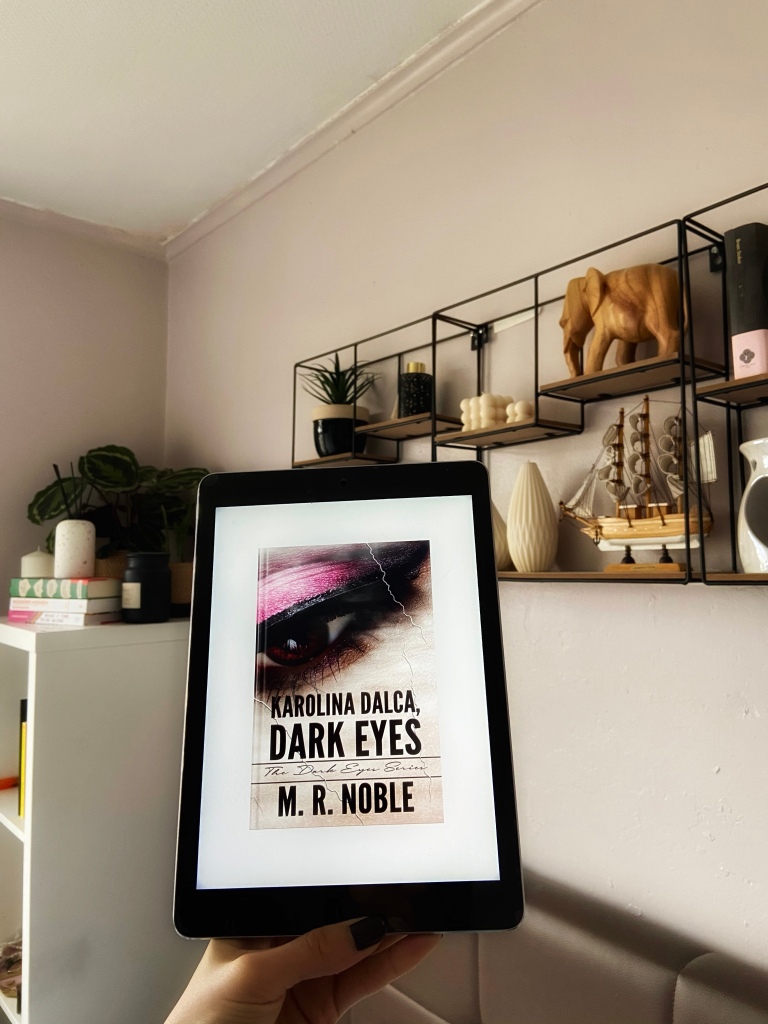
One of the most important yet least-known events in modern British history. Akala’s words about the murder of Cherry Groce.
In 1985 Groce’s house in Brixton was raided by the Metropolitan police. Groce was shot by DS Lovelock, even though she survived the attack she was left paralysed for the rest of her life and the bullet later resulted in her death.
A family of six Lee, Cherry, his dad and sister Sharon all shared a room downstairs while the other two sisters Lisa and Juliet had their rooms upstairs. Juliet at the time was pregnant, and Cherry was looking after her friend’s two children who were sleeping in the living room. There was a pregnant woman and five children the night their house got raided.
After Groce was left paralysed there was an internal police investigation, however like many cases against the metropolitan police, the police officer who shot her had not been found guilty. It wasn’t until Groce passed and Doctor Chapman asked for an inquest that her case was looked into again. An inquest is the legal process performed when death is believed to be unnatural or caused by violence. If the death is caused by the actions of a police officer then a jury is required.
The book is structured in chapters which outline events that happen before and after the house gets raided. As the reader, this style of writing made a lot of sense to me as Lee was able to portray black British history, racist attacks on the black community and how what happened to Cherry was not a one-off “mistake” made by the police force.
One important historical event is the first Brixton uprising. In April 1981, thirteen people, mainly teenagers were killed while they were at a house party. Witnesses who say they saw a white man throw something through the window are quickly dismissed, and on top of this, the survivors of the attack are interrogated. As a result of the police’s refusal to investigate and willingness to demonise the black community thousands of people go to march and protest.
“Day the blacks ran riot in London” is the headline in The Sun newspaper. Most of us, especially those who care to read a blog or a book on racism will know how disgusting The Sun has always been. We know it, we see it, however, to be reminded of how relentlessly this paper (and many others) have attacked the black community on a national level is important. It’s important because once we start to forget they get stronger. It’s important because its part of the make-up and history of this country. It’s important because it allows us to hold them accountable.
In the chapters before Cherry was shot, Lee recounts his childhood memories as sweet melodies. His mother bought new records from Brixton market, all four children waiting excitedly to see which record it would be. Cheery mostly brought reggae music, she would come home and start playing her new records. One by one they would get up and start to dance.
From the day Cherry was shot to the day the inquest was finalised takes over twenty years. This is an over twenty-year fight against the police force with daily reminders and intimidations of how the case is so much bigger than them. That one black family can’t fight the Met, they can’t find justice in a disgustingly racist society that once was, and in a lot of ways still is. However, in the end, it is a fight fought with determination, strength, tears and the love felt for a mother that forces justice to come home.
There is a memorial in Windrush Square in Brixton for Cherry Groce today. Lee set up the Cherry Groce foundation, the foundation puts together educational material to tell their story and to encourage students to think about history and injustice. There is also an award in Cherry’s name, it’s within the Met police and is awarded to officers who do outstanding work in their community.
24 April 2011, Easter Sunday is the day Cherry passed. The family would celebrate nine nights for Easter. Family and friends would visit for nine nights, they would eat, drink, dance and sing to remember and celebrate the life of someone who passed. After reading about Cherry through Lee’s words, this sounds like the most appropriate way to celebrate a woman like her.







